‘If anything happens to our leader in detention, I don’t know what Biafrans will do’
Solomon Uchenna Egbo calls for the release of Nnamdi Kanu, the Ipob leader and human rights defender detained earlier this year by the Nigerians
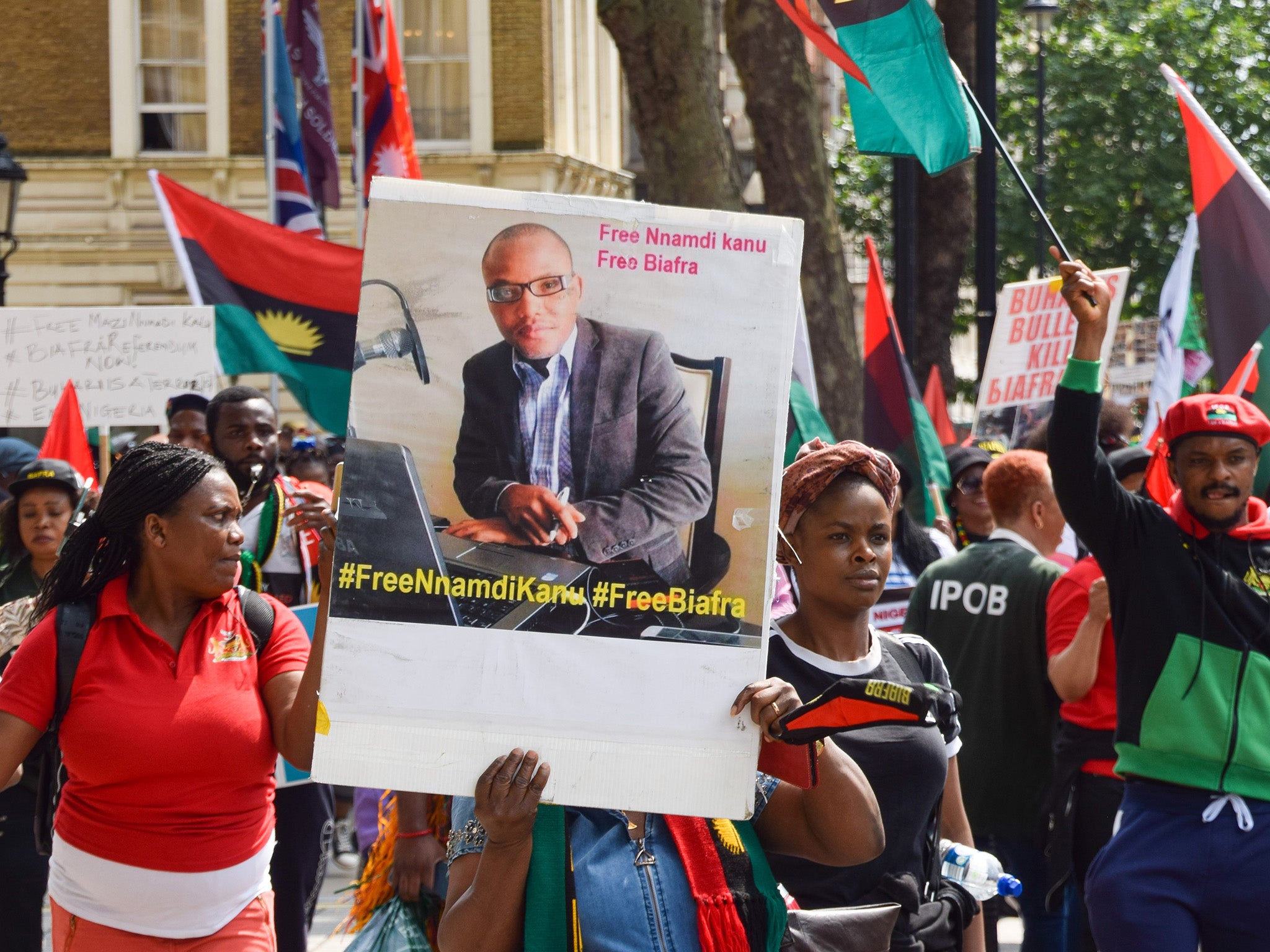
Imagine if Nigel Farage had been arrested in the US and flown back to London without any due process of extradition, or Nicola Sturgeon had disappeared from the streets of Paris only to turn up in a holding cell at Paddington Green police station, and each faced treason charges. All because they had called for a referendum. Well, that’s exactly what has happened to Nnamdi Kanu, the leader of the Indigenous People of Biafra (Ipob), the movement that, in recent years, has taken the lead on self-determination for Biafrans. Kanu’s principal demand is a referendum.
Over 100 years ago, the people of Biafra were forced into a union with other west African peoples by the British colonial administration. The British called that union Nigeria. The peoples making up Nigeria were never comfortable bedfellows. They shared nothing in common except British colonial rule. Ever since independence, Biafrans have sought to secede from Nigeria. They fought and lost a devastating war in which millions were killed or starved to death for this dream. They have suffered beatings, imprisonment and murder for it. Kanu has been imprisoned and tortured for it.
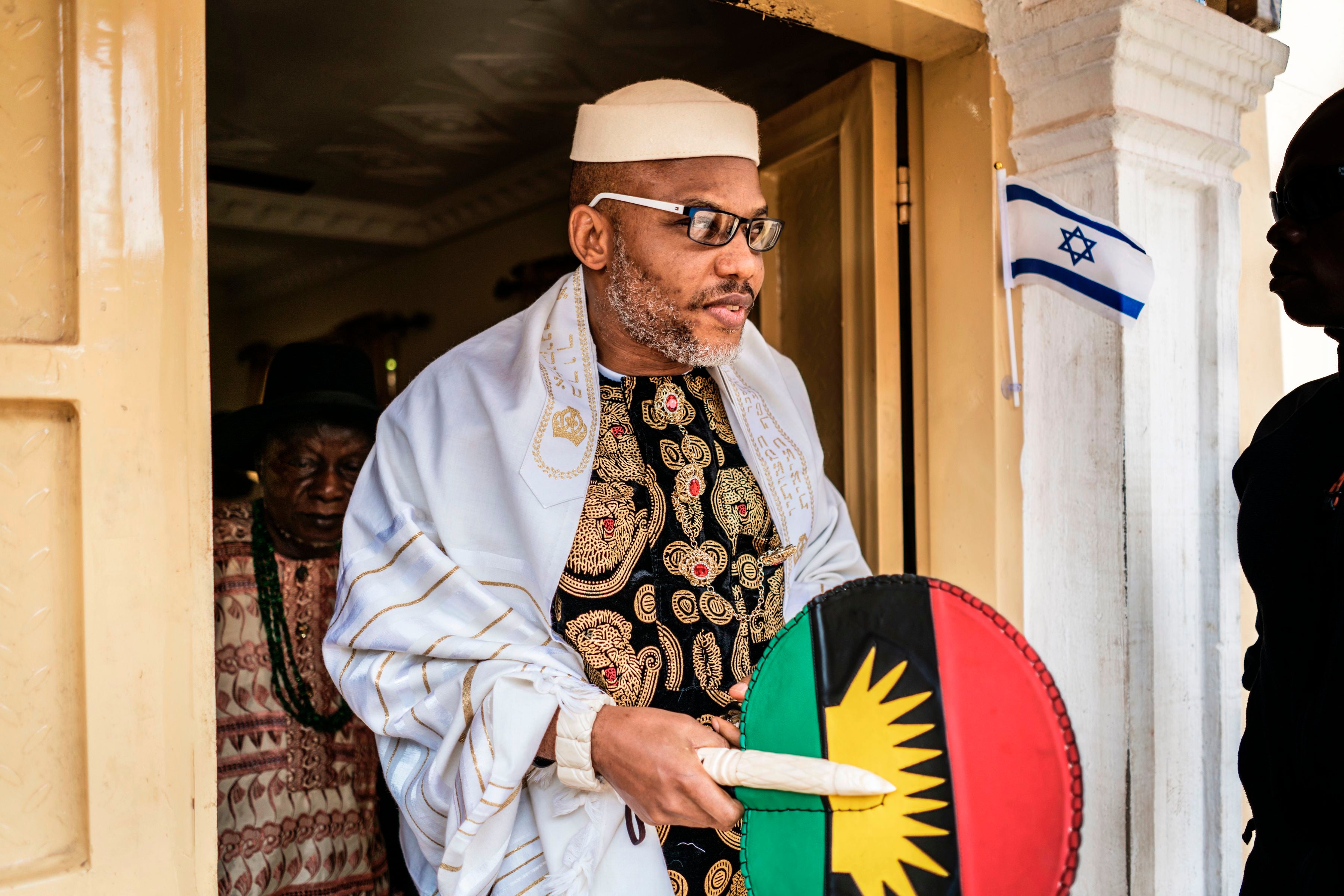
And yet he’s done nothing more than to call for a referendum on self-determination. In Nigeria this is sufficient for him to be accused of treason, kidnapped from Nairobi in Kenya, and flown to Abuja, by what is known as extraordinary rendition. No due process, no extradition request, no appeal. Under international human rights law it’s considered a form of torture.
Now, imagine Farage and Sturgeon being kept incommunicado in solitary confinement in a notorious detention centre run by state security forces, where torture is commonplace. That is the fate of Kanu.
I am Biafran. Three years ago I wrote on this site that I was renouncing my Nigerian citizenship. As a Biafran and a supporter of Biafran self-determination, I had no wish to be part of the colonial state that is Nigeria. I never was Nigerian. For over 50 years, after that terrible war which decimated my parents’ generation, the people of Biafra – what the Nigerians call the ‘South East’ of their assumed country – have suffered violent persecution at the hands of Nigeria’s state security services, all because they wish to return to the independence they enjoyed before the British forced them into a colonial territory they called Nigeria.
It’s enough.
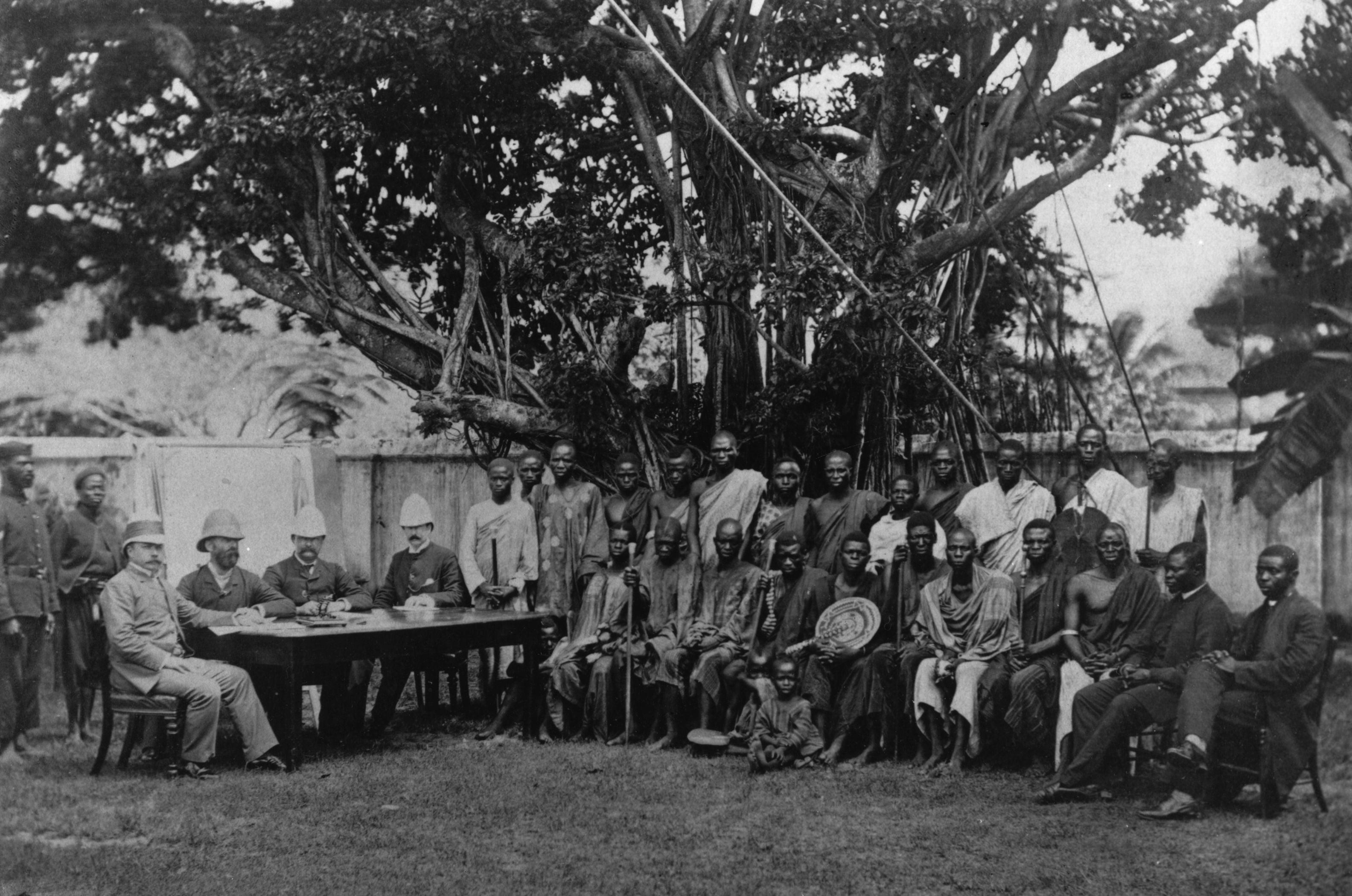
Ipob, the organisation of which I was a proud member for years, believed in non-violent action in support of self-determination for my country. Last year, in the face of ever-increasing attacks on Biafrans both by Nigerian state security and by Fulani terrorists from the north of the country, our leader, Kanu, called on Biafrans to defend themselves. I was troubled by this. It seemed a reversal of our belief in non-violence – a belief that had fuelled the civil rights movement in the US, much of the anti-apartheid movement in South Africa, and the independence movement in India all those years ago. I was so troubled I decided to leave Ipob. I felt that a call to arms would only jeopardise our position internationally.
I understand that human rights defenders cannot condone or endorse violence. However, there are circumstances in which either Kanu has been under attack, or the Biafran people have been under attack, or both, and thus where Kanu has been left with no choice but to accept the need to resort to force. Even the Universal Declaration of Human Rights in its preamble acknowledges such circumstances. While the Biafran people have been subjected to the worst forms of persecution by the Nigerian state, Kanu has on very rare occasions accepted that force could be an appropriate response. I still believe he is wrong to have done that, but his approach is a million miles away from the approach of the Nigerian authorities and the way they use force against the Biafran people with impunity.
The reality is that Kanu’s overall message has been clear and consistent: when facing the tyrannical Nigerian state, force is counterproductive and useless; democracy, human rights and the ballot box will provide the solution in the fight for Biafran self-determination. It is also worth pointing out as mitigation that, on those exceptional occasions when Kanu felt left with no choice but to call for force in response to the overwhelming violence being used against the Biafran people, no one actually acted upon it.
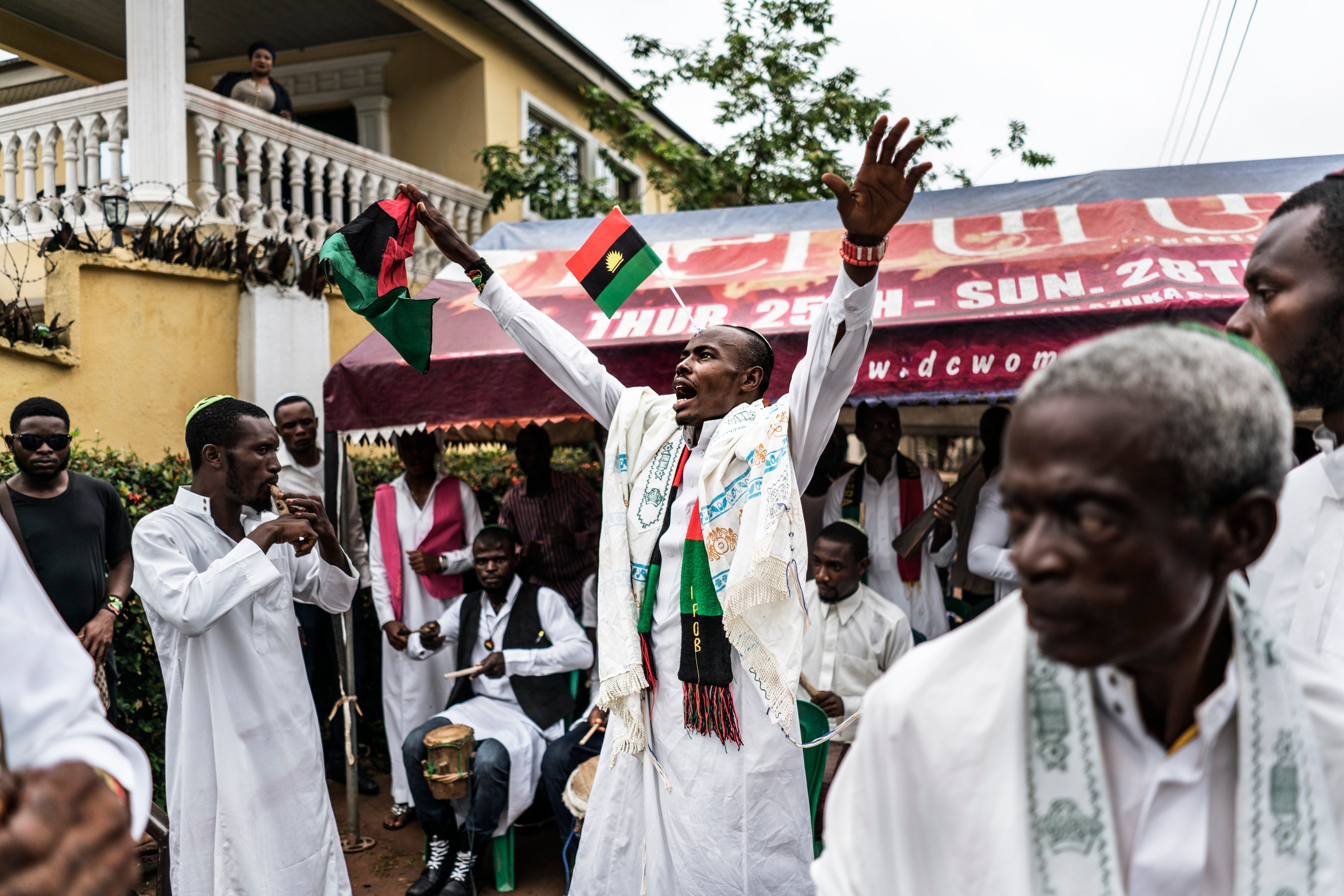
Recently, stories have circulated via Nigerian government propaganda of a “military wing” of Ipob, the so-called Eastern Security Network or ESN, and its activities attacking police stations. I can confirm that this network, set up to protect Biafrans from unprovoked attacks, has nothing to do with Kanu or Ipob. It’s hardly surprising that, after years of violent attacks by Nigerian security forces and Fulani herdsmen – attacks which have grown in intensity over the last year or so – some in Biafra Land have taken up arms in defence of their lives. But this is no organised military unit. It’s made up of desperate people who scramble to find weapons to defend themselves. I do not condone them, let alone support them. But to suggest that this ragtag brigade is a paramilitary group would be like suggesting that Dad’s Army really could have defended Walmington-on-Sea from Hitler.
I may not agree with the ESN, but I understand the motives. It’s why I cannot live in my homeland and have sought asylum in the UK. Last October my own nephew was gunned down by Nigerian police while he filmed a peaceful protest on his phone. He was running away from the police attack. He was shot in the back. He didn’t stand a chance.
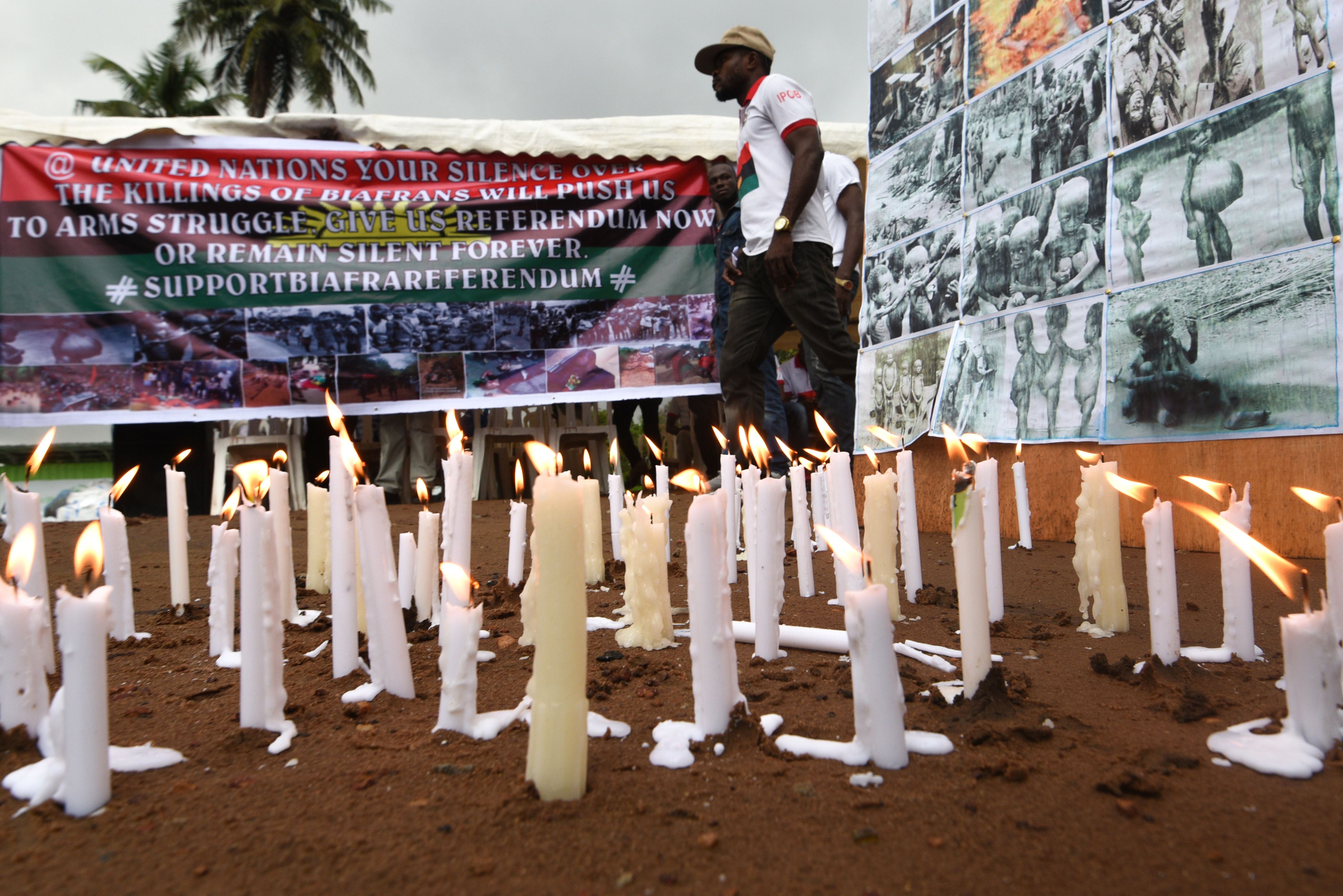
Because of all these events, I have now reviewed my position and looked again at where we are in our struggle. In the process I have decided to return to Ipob. It feels like home to me, a home I helped to build and have worked tirelessly to grow. When our leader, Kanu, was detained without trial by the Nigerian authorities a few years ago, I was the first to alert my local MP and MEP. I highlighted the persecution of Ipob members agitating for his unconditional release. I have written on this platform. I’ve kept vigil outside the Nigerian High Commission in London and the Foreign Office. Through Ipob I have done my very best to persuade the Nigerian authorities to grant what is ours by right, a referendum on self-determination.
I returned because Kanu has reconfirmed our zero tolerance of violence. I returned because Ipob remains the only credible organisation to achieve Biafran self-determination in the near future. I returned because Ipob is my home. There are so many ethical reasons for the use of nonviolent strategies. But compelling research by Erica Chenoweth, a political scientist at Harvard University, confirms that civil disobedience is not only the moral choice, it’s also the most powerful way of shaping world politics – by a long way.
When Biafrans are attacked, viciously and cruelly, we need to be able to protect ourselves, against state security tyrants, against Fulani herdsmen jihadists who would take our land and butcher our farmers, against soldiers and policemen who do not protect us
Those great struggles in America and South Africa had the faint luxury, if I can call it a luxury, of at least the semblance of the rule of the law in their countries. They could, from time to time, rely on the independence of the judiciary. No such safeguard exists in Nigeria. And so when I and my family and fellow Biafrans are attacked, viciously and cruelly, we need to be able to protect ourselves, against state security tyrants, against Fulani herdsmen jihadists who would take our land and butcher our farmers, against soldiers and policemen who do not protect us but use lethal force to disperse peaceful protests. Biafrans have a right to safety. So I believe in a non-violent philosophy of protest, but I also believe in the right to self-defence.
Then one day around the middle of June this year everything was thrown into perspective. Kanu, who had escaped Nigerian death squads four years ago, prison without trial, assassination attempts and was living peacefully in the UK, had gone to Kenya on business . On 19 June he left where he was staying and didn’t come back. What we now know is that he was seized by the Kenyan authorities and handed over to agents of the Nigerian government. He was then bundled on to a private plane and flown to Abuja. All of this was done on the sudden, extraordinary rendition.
Kanu has been a UK citizen since 2011. He has lived in the UK since 1990. He attended London’s Metropolitan University and has worked and paid taxes in this country. Britain has been home for him and his wife and children. They have felt safe here. He thought he would be safe in Kenya, nearly 5,000 kilometres away from Nigeria.
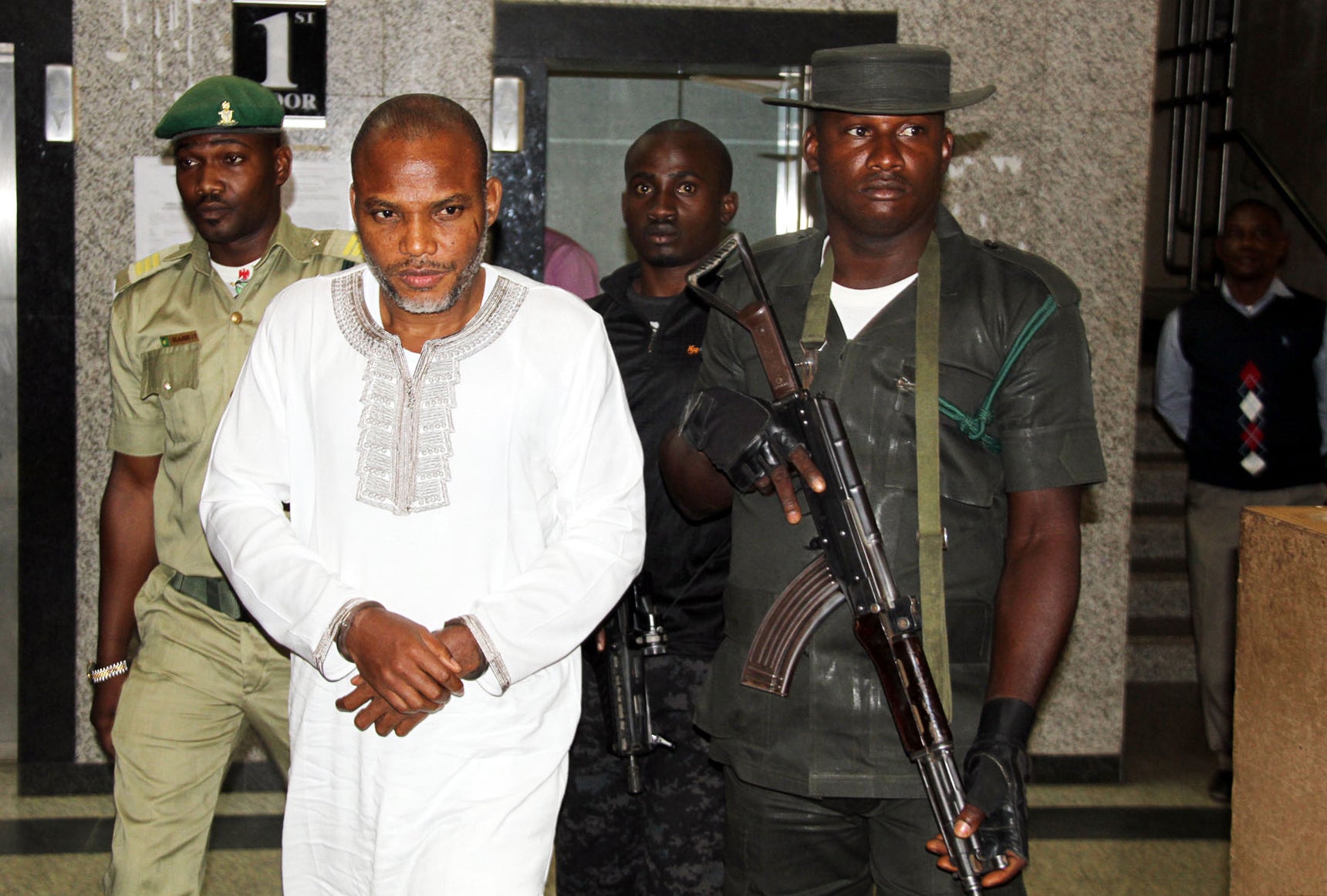
What has happened to Kanu is illegal. A British citizen has been subjected to extraordinary rendition from Kenya to Nigeria, which is itself a form of torture. He’s also been held incommunicado in a building in Abuja which is synonymous with torture. Rest assured, he has been tortured. He has some access to people now, but he is detained in solitary confinement in a cell where he sleeps on the floor, so his detention conditions also amount to a form of torture. All this is designed to break his spirit. What’s more, he has a heart condition requiring specialist expertise which he’s not getting.
The UK’s Foreign Commonwealth and Development Office (FCDO) has been aware of Kanu’s plight since 29 June. It is now October, and yet the consular office has not visited him. Britain leads the world in combatting torture, yet the High Commission in Abuja has still not visited a UK citizen who is a torture victim. Once he’s visited, we believe the torture will stop. His conditions will improve. The British will ensure he sees a heart specialist.
Nigeria can throw as many obstacles as it can in the High Commission’s way, but Kanu’s family and supporters will use all means at our disposal to ensure he does not die. At the moment the only practical steps available to prevent that death are visits from the High Commission. Kanu’s wife has begged then-foreign secretary, Dominic Raab, to call his counterpart in Nigeria and not get off the phone until her husband is released. I’m told Boris Johnson has written to President Buhari about Kanu’s case, for which we are very grateful. But still, so far, no consular visit has taken place. Let’s hope that the new foreign secretary will have more empathy for the Biafran cause and Kanu’s plight.
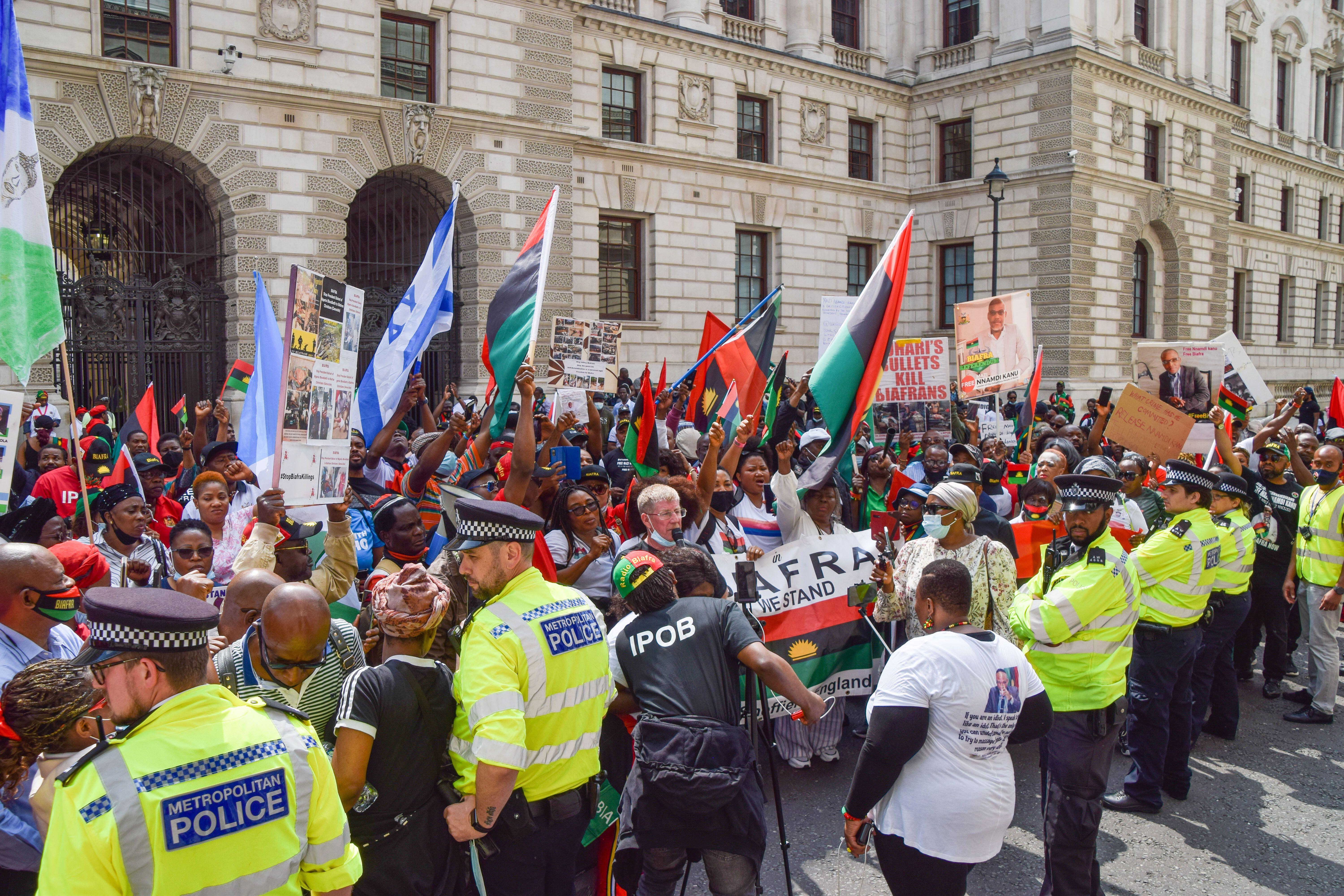
And it needs to be repeated. Whatever propaganda the Nigerian state chooses to put out, Kanu is a human rights defender. He calls for Biafrans’ right to self-determination to be respected and guaranteed. He calls for a referendum on Biafran independence, that’s all. Nigeria tries to dehumanise him and seeks to present him as some sort of bogey man. He’s not. Kanu is a kind, family man who’s committed to human rights, who just wants to live in a free Biafra. Of course he’s grateful for his British citizenship – in the past it has been, literally, a life saver – but he and his family are Biafran.
I say it again. Kanu and we in Ipob call for a referendum on independence and that is all. Any decision concerning Biafran self-determination does not rest with President Buhari of Nigeria or the UK government for that matter. It’s a matter for the Biafran people alone. It’s the case with the people of Scotland. It was the case with the people of the UK during the EU referendum. It should have been the right of Catalonians in 2019 but Spain has consistently denied this.
Biafrans are aware the UK is committed to the territorial integrity of Nigeria, but UK government policy does not trump the right to self-determination, not in the nations that make up the United Kingdom and not in Biafra Land.
How do you stop the brutality of a state that organises so-called ‘army exercises’ each year in your homeland as a smoke screen for mass murder, intimidation and harassment?
Kanu is a great leader. He is loved by Biafrans. Biafrans want to be free from Nigeria, which increasingly looks like a failed state. Because he has called for a referendum on Biafran self-determination, Kanu and the organisation he heads have been outlawed by Nigeria. Yet, a referendum is the internationally accepted way of dealing with legitimate claims for self-determination. No one can credibly dispute the Biafran claim for self-determination.
It’s a claim that has captured the imagination of millions. Mass protests, stay at home days in which hundreds of thousands of people take part, sit-ins on roads and bridges, all show our commitment and enthusiasm for this. And the Nigerian government responds with guns and state-sponsored terrorism. They claim that Ipob only represents a small minority of Biafrans. Well, if that’s the case, why are they so afraid of a referendum? Why must they shoot, imprison and torture those who call for a referendum? A free Biafra is possible, and one day we will vote for our independence, and on that day, Africa will shake off its colonial past. Kanu has written about the need for this and how it will help not only the people of Biafra, but all African peoples:
Our struggle for self-determination is the struggle of Africa’s post-colonisation from Algeria to the Cape. If we can achieve this, perhaps we can lead other African countries to bring democracy and respect for law and human rights into the lives of African peoples.
Fifty years ago, we were nearly destroyed by Nigeria. They starved us and tried to humiliate us. Today, war and violence aren’t the answer. Democracy and the ballot are. Kanu has shown us that. Crushing Kanu can’t stop what Kanu started.
Since he disappeared into a prison in Abuja, his family are doing their best to secure his release. His younger brother, Kingsley Kanunta Kanu, has moved heaven and earth to make sure he doesn’t die in detention. His lawyers are fantastic, and the Kanus are grateful for their outstanding performance in this case.
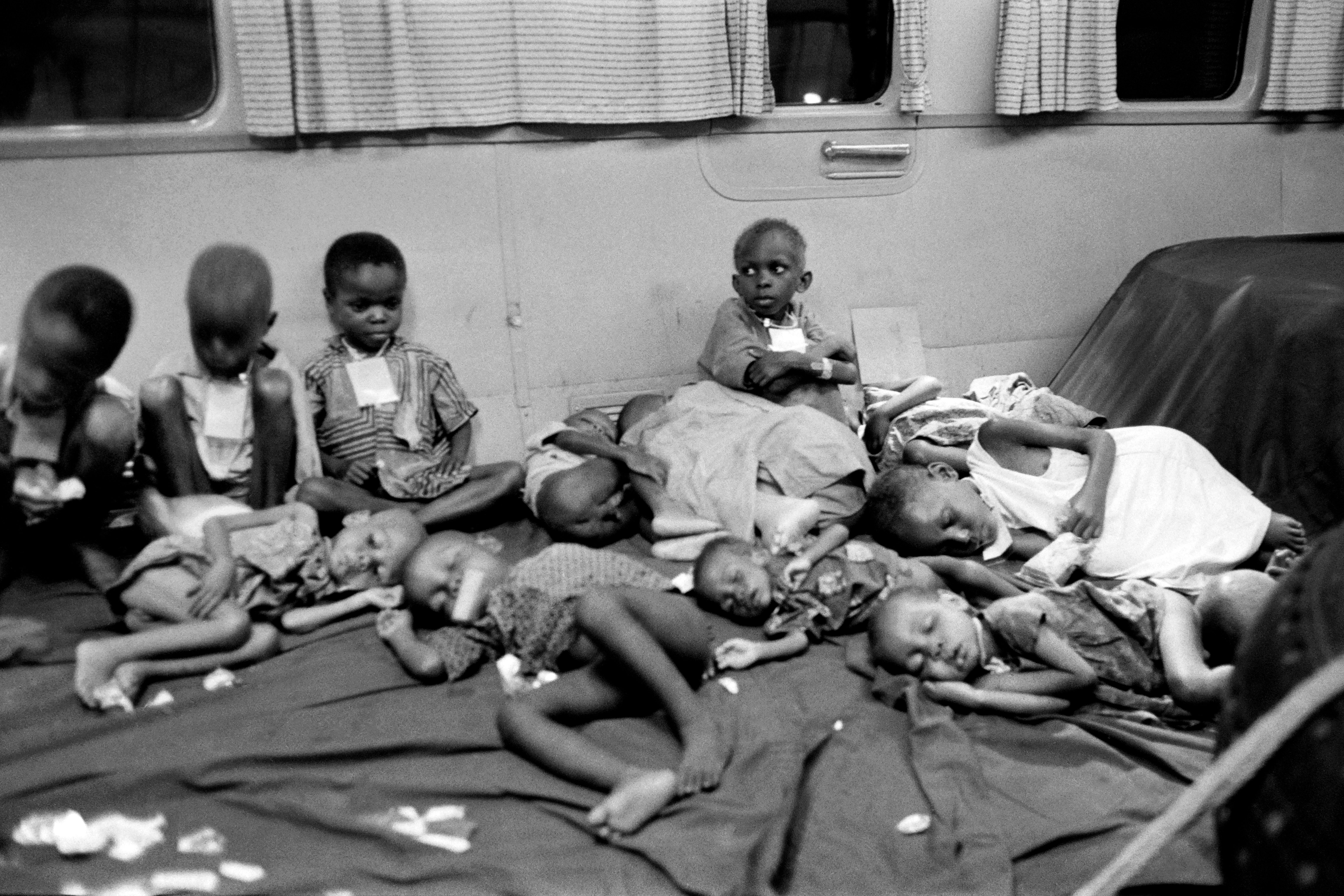
Kingsley Kanu has been urging Biafrans, who are understandably angry, to remain calm and trust that Kanu will be released. Kanu himself, despite the conditions under which he’s detained, has been passing instructions through his lawyer Aloy Ejimakor, pleading for Biafrans to remain calm, that everything will be fine.
But if anything happens to our leader in detention in Nigeria, I don’t know what Biafrans will do. It’s a volatile situation and we Biafrans are reaching breaking point.
How do you defend yourself from a police state that is imposed upon you? How do you stop the brutality of that state which organises so-called “army exercises” each year in your homeland as a smoke screen for mass murder, intimidation and harassment? There is no rule of law in Nigeria. You can only imagine what it’s like for Biafrans. We need protection by the international community, but no one defends us.
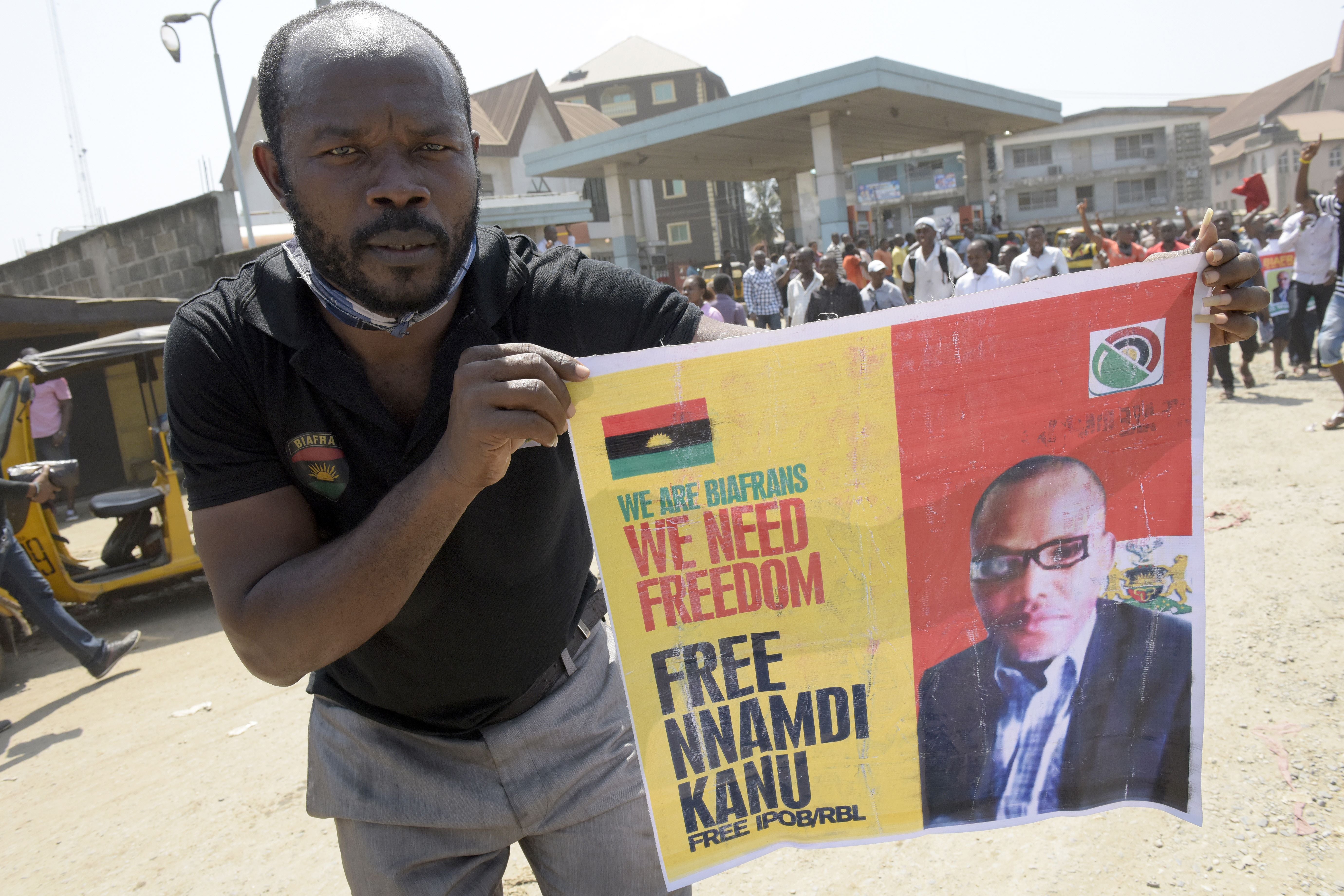
The UK still has influence in Nigeria. The UK must do more to protect Biafrans. They have to insist that Kanu is released and returned to his family. Sanctions should be imposed on all those responsible for Kanu’s extraordinary rendition, and the UK must recognise Biafra’s right to self-determination. The UK should be guiding Nigeria on how to hold a referendum on Biafran independence.
And the international community must intervene before it’s too late. They must condemn the extraordinary rendition and the treatment of Kanu. Increasingly extraordinary rendition is being used by unscrupulous governments from Belarus to Turkey – and Kenya has form in this – to deal with critics of these regimes. Its use will only stop when its perpetrators are forced by the international community to realise it doesn’t work.
The FCDO must insist on the safe return of Kanu to his wife and children in the UK. How else do you cure the illegality of extraordinary rendition? If those who carry out extraordinary rendition know that they risk a sanctions regime which could freeze assets and/or deny them entry to the UK, the EU or the US, they will think twice. And in this case, the first people to sanction must be Nigeria’s President Buhari and Kenya’s President Kenyatta.
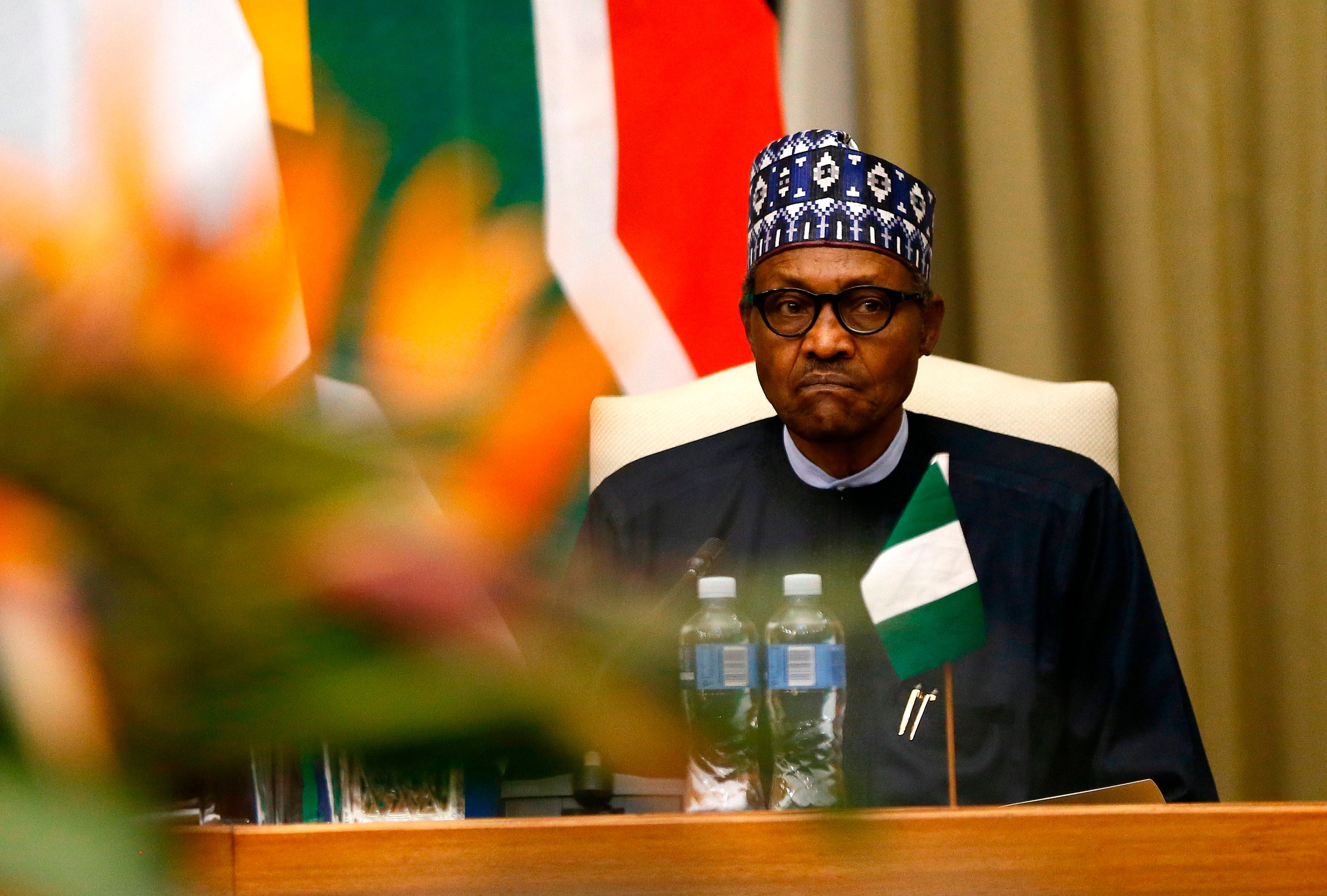
The UK can do this unilaterally. Next, they should get other countries to do the same. Then, because the UK is so opposed to extraordinary rendition, the FCDO should use the principles of universal jurisdiction to ensure the prosecution of those people who are responsible for Nnamdi’s extraordinary rendition and torture.
Furthermore, the FCDO must raise the treatment of Kanu with the Commonwealth at the highest levels. Nigeria may have no respect for the people of Biafra. It has little respect for its own citizens, but Buhari and other members of his government worry about their reputations abroad, in Africa, in the Commonwealth, in the US, the wider international community. Real progress could be made if other governments called out what Nigeria in collaboration with Kenya has done, condemning extraordinary rendition and confirming their support for the principle of self-determination. And the UK should be leading this movement. As Kingsley Kanu has stated:
The FCDO prioritises self-determination. So do we. The FCDO condemns extraordinary rendition. So do we. The FCDO condemns torture. So do we. The Foreign Secretary supports referenda as a means of achieving change. So do we.
I will do everything in my power to see Kanu released and returned to his family. I ask the UK government, the international community, the readers of this article to join me, to join our voices in a great, unstoppable chorus when we call out “Free Nnamdi Kanu”.
Join our commenting forum
Join thought-provoking conversations, follow other Independent readers and see their replies
Comments
Bookmark popover
Removed from bookmarks